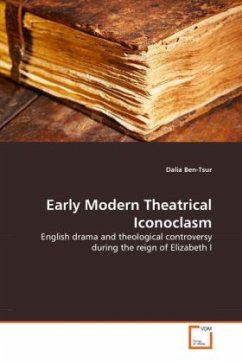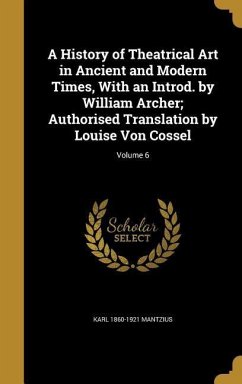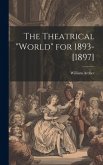This work examines the relationship between iconoclasm and theatrical activity in England during the second half of the sixteenth century. It compellingly argues that theatrical activity and theological controversies were complexly intertwined, whereby drama informed cultural ideology as much as it was informed by it. Through a complex set of strategies, English playwrights worked through the arising controversies concerning imagery set in motion by the newly emergent culture of iconoclasm. In their reluctance to yield to iconoclastic pressures, playwrights aggressively negotiated the legitimacy of the presentation of residual Catholic spectacle on stage. Through an analysis of contemporary drama, this work reveals how playwrights managed to sustain the iconography of an older, distinctly Catholic stage despite the constraints of a reforming culture increasingly informed by iconoclastic tendencies. This book will appeal both to scholars and general readers interested in Renaissance literature, the English stage and theological change during the reformation.







